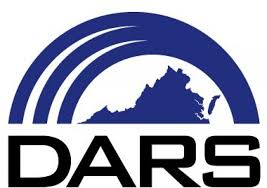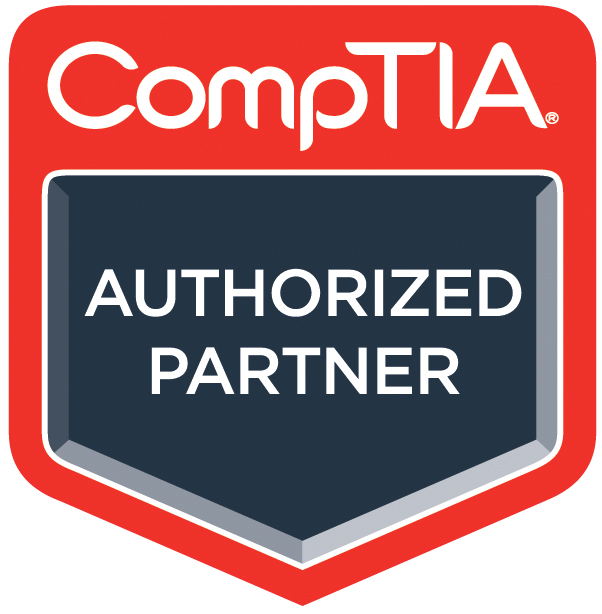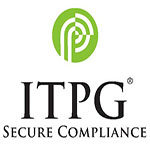Do I Need to Learn Coding to Get into Cybersecurity?
By contributor Lyan Ware
Many people interested in a career transition into cybersecurity are hesitant to pull the trigger because they’re under the impression that they’ll need to become a proficient coder or have a computer science degree under their belt. This is a very common misconception. In fact, there are several roles in IT and cybersecurity where coding is not required. While having a basic understanding of scripting languages is helpful, you can easily find entry-level positions with or without any prior coding and programming knowledge.

With proper training, certifications, and a polished resume, you can begin your cybersecurity career in just a few months—no college degree required. Knowing how to sell your transferable skills, in addition to intensive lab trainings with the most popular cybersecurity tools, will make you a viable candidate for an entry-level role in the field.

Here are a few examples of cybersecurity job titles that do not require coding or programming skills:
- Cyber Defense Analyst
- Vulnerability Assessment Analyst
- Warning Analyst
- Information Security Analyst
- Security Analyst
- Cybersecurity Analyst
- Network security Engineer
- SOC Security Analyst
- Network Engineer
- Security Consultant
- Tier 1 SOC Support
- Information Security Manager
- Security Operations Center (SOC) Specialist
- Cybersecurity Consultant • Security Compliance Analyst
- Incident Responder
It is even possible to work your way up into management positions without ever having to learn how to code yourself. However, in order to maintain your relevancy and competitiveness in the field, you will need to continue your education even after accepting a role. So, it is highly encouraged that you eventually take a basic course in programming and expose yourself to different scripting languages.

Please keep in mind that programming and scripting are not interchangeable. To offer a very simplified explanation, you can think of it as the difference between a solo performer playing a piece of music versus an entire orchestra playing a symphony with multiple movements. In this analogy, scripting would be the solo performer, while programming is the orchestra.
Here are the most popular scripting languages you can familiarize yourself with:
- Python
- Javascript/ECMA Script
- Ruby
- Groovy
- Perl
- Lua
- Bash
- PowerShell
- R
- VBA
- Emacs Lisp
- GML
- PHP
Now, here are some of most popular programming languages in the developer community that you should know about:
- Python
- Java
- Javascript
- Go
- Swift
- Kotlin
- C#
- PHP
- C/C++
To reiterate, coding is not a requirement to begin your cybersecurity career. If you’re curious about where to begin, you should start with the globally recognized CompTIA Security+ certification. It is an industry standard when it comes to the IT and cybersecurity job market, validating baseline skills that are required in the field.

Click Here For more information on how to jumpstart your cybersecurity career
Learn more about Automation with Python


































Leave a Reply
You must be logged in to post a comment.